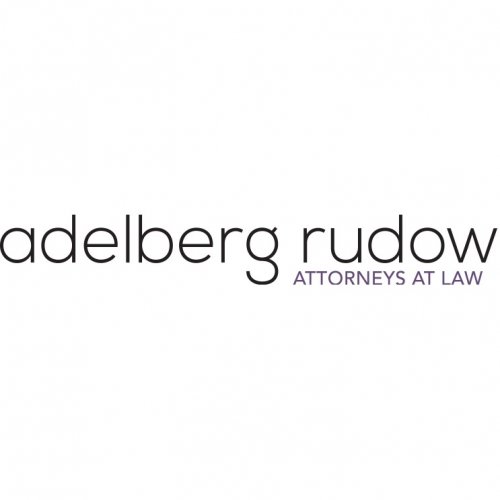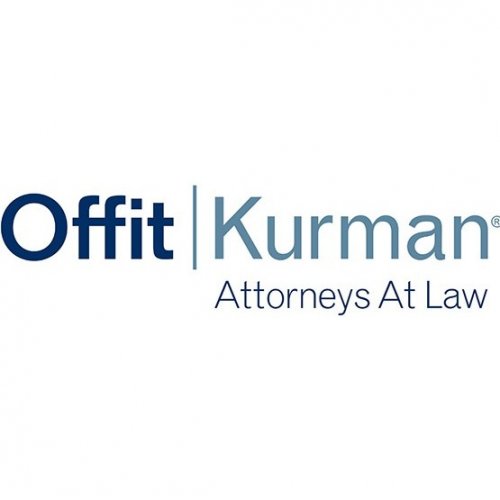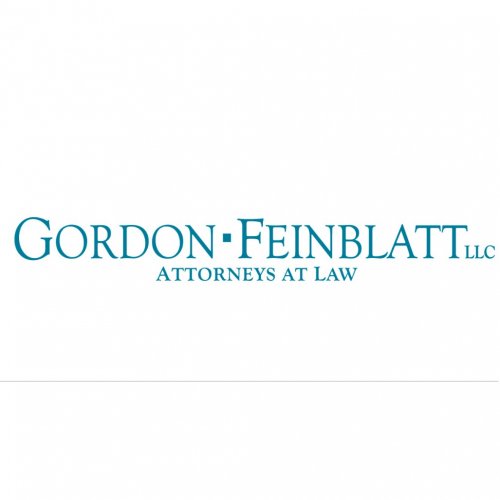Best Tax Increment Financing Lawyers in Baltimore
Share your needs with us, get contacted by law firms.
Free. Takes 2 min.
List of the best lawyers in Baltimore, United States
About Tax Increment Financing Law in Baltimore, United States
Tax Increment Financing (TIF) is a public financing method that is used for subsidizing redevelopment, infrastructure, and other community-improvement projects in Baltimore, United States. TIF allows municipalities to use future gains in taxes to finance current improvements, which are predicted to create the conditions for those future gains. Essentially, the future increase in tax revenue is used to pay for the costs of the improvements today.
In Baltimore, TIF is often leveraged to rejuvenate underdeveloped or distressed areas, thereby encouraging investment and development in neighborhoods that require revitalization. The mechanism is typically used for larger projects with the aim of stimulating economic growth and enhancing the quality of life in these regions.
Why You May Need a Lawyer
There are several situations in which you may require legal assistance in the realm of Tax Increment Financing in Baltimore:
1. **Complexity of TIF Agreements:** Drafting, reviewing, and negotiating TIF agreements can be complex and legally intricate. A lawyer can help ensure the terms are fair and beneficial.
2. **Navigating Local Regulations:** Understanding and adhering to local Baltimore laws and regulations on TIF can be challenging. A legal expert well-versed in local statutes is invaluable.
3. **Dispute Resolution:** Conflicts can arise during a TIF project between developers, city officials, or other parties. Legal intervention can help resolve these disputes efficiently.
4. **Financial Analysis and Risk Assessment:** Legal advice is crucial to assess financial risks and the potential impacts of TIF on community stakeholders.
5. **Ensuring Compliance:** Ensuring that all aspects of TIF projects comply with federal, state, and local regulations requires a lawyer's expertise.
Local Laws Overview
Key aspects of Baltimore's local laws related to Tax Increment Financing include:
1. **Eligibility of Areas:** Typically, areas that qualify for TIF must demonstrate economic distress or a lack of private investment.
2. **Approval Processes:** The process for TIF approval requires multiple steps including feasibility studies, public hearings, and City Council approval.
3. **Use of Funds:** TIF funds are primarily used for public infrastructure projects such as roads, utilities, and environmental remediation.
4. **Impact Studies:** Local regulations may require an impact study to assess how the TIF project will affect local schools, public services, and existing businesses.
5. **Transparency Requirements:** Baltimore mandates transparency in the use of TIF funds and may require regular public reporting and accountability checks.
Frequently Asked Questions
What is Tax Increment Financing?
Tax Increment Financing is a public financing method used to subsidize infrastructure development by using future gains in taxes to finance current improvements.
How does TIF work?
TIF creates a fund from the increased property tax revenues anticipated after an area's redevelopment, which finances the initial project costs.
Who can apply for a TIF in Baltimore?
Typically, developers or municipalities that aim to undertake significant infrastructure improvements within designated areas can apply for TIF in Baltimore.
What types of projects can be funded through TIF?
TIF funds are primarily used for public infrastructure projects such as building roads, utilities, parks, and other improvements necessary for the revitalization of an area.
What are the benefits of TIF for a community?
TIF can stimulate investment in distressed areas, reduce blight, and improve public infrastructure without raising taxes.
Are there any risks associated with TIF?
Risks include over-reliance on future tax revenues which might not materialize, and the potential diversion of funds from essential services.
Can residents participate in the TIF process?
Yes, public hearings and consultations are generally part of the TIF approval process, allowing residents to express their views and concerns.
How long does a TIF last?
The timeframe for a TIF district can vary but often lasts about 20 to 30 years or until the funding for public projects is fully repaid.
How does TIF affect property taxes?
TIF does not increase property taxes; it reallocates how the increased revenue from taxes is used. However, redevelopment can lead to increased property values over time.
What are some criticisms of TIF?
Critics argue TIF may not always lead to the projected economic development, can lead to lack of funds for other city services, and sometimes does not equitably benefit all community residents.
Additional Resources
For more information on Tax Increment Financing in Baltimore, consider consulting the following resources:
1. **Baltimore Development Corporation:** Offers guidelines and assistance on TIF projects.
2. **Baltimore City Council:** Provides detailed information on TIF regulations and public hearings.
3. **Maryland Department of Planning:** Offers data and analysis on land use that can aid in understanding the impact of TIF.
4. **Local Legal Aid Organizations:** Can provide legal assistance or referrals.
Next Steps
If you require legal assistance with Tax Increment Financing in Baltimore, the following steps can guide you:
1. **Consult a Legal Professional:** Seek a lawyer with experience in local tax and public finance law.
2. **Research Law Firms:** Look for law firms in Baltimore that specialize in TIF and similar urban development projects.
3. **Schedule a Consultation:** Many firms offer initial consultations which can help clarify your needs and the scope of assistance required.
4. **Gather Documentation:** Collect all relevant documents, including project proposals, financial projections, and any correspondence related to the TIF.
5. **Prepare Your Questions:** Outline questions or concerns to discuss with your lawyer to maximize the consultation's efficiency.
By following these steps, you can effectively navigate the complexities of Tax Increment Financing with professional legal guidance.
Lawzana helps you find the best lawyers and law firms in Baltimore through a curated and pre-screened list of qualified legal professionals. Our platform offers rankings and detailed profiles of attorneys and law firms, allowing you to compare based on practice areas, including Tax Increment Financing, experience, and client feedback.
Each profile includes a description of the firm's areas of practice, client reviews, team members and partners, year of establishment, spoken languages, office locations, contact information, social media presence, and any published articles or resources. Most firms on our platform speak English and are experienced in both local and international legal matters.
Get a quote from top-rated law firms in Baltimore, United States — quickly, securely, and without unnecessary hassle.
Disclaimer:
The information provided on this page is for general informational purposes only and does not constitute legal advice. While we strive to ensure the accuracy and relevance of the content, legal information may change over time, and interpretations of the law can vary. You should always consult with a qualified legal professional for advice specific to your situation.
We disclaim all liability for actions taken or not taken based on the content of this page. If you believe any information is incorrect or outdated, please contact us, and we will review and update it where appropriate.












